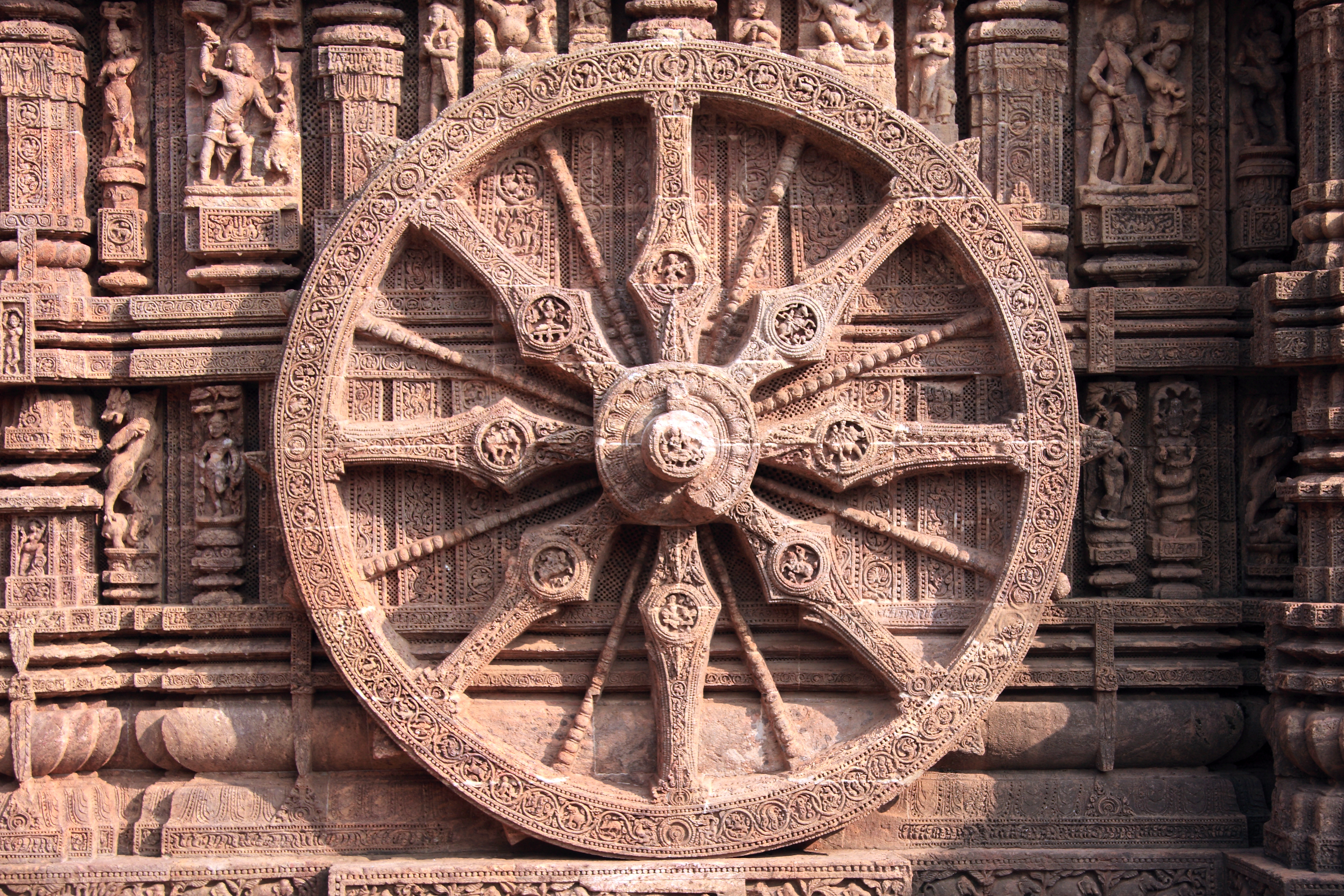Soumik Parida is currently studying ‘soft power’ in the context of India for his PhD research. To date there there is little significant research in this area. In the following account Parida outlines the main scope and themes of his work.
India is a cultural melting pot. It has a rich and illustrious history with many different people from the Greeks to the Moghuls and latterly the English, Portuguese and French influencing its traditions that were initially set by the Indo Aryans. India’s classical dances and songs have a strong presence on the world stage. India’s cuisine can be found in all major cities of the world. Yoga has become the new-age mantra for healthy living with millions of people practicing it every day. Bollywood’s (Hindi film industry) reach and effect on the pop culture is becoming more prominent, and some of the Indian film stars are even more popular than Hollywood stars. The country has various other soft attributes that it has contributed to the world, such as dance, food and Yoga. This work will explore the various soft attributes that contribute to communicating India as a soft power. A communication model is proposed that develops the idea of understanding how various people perceive India as a soft power and to overlay this with how these attributes are communicated to individuals. I want to understand India’s great assets locked away in “soft” cultural contexts and why these are not exploited fully.
While there are many positive soft power attributes of India as seen above, the vicarious attributes of India outshine its positive counterpart; at least in the CBI Rankings (2011) and Monocle soft power rankings (2012), where India has been constantly dropping in the ratings. The focus of this research is based on Ying Fan’s nation brand definition. According to Fan “A nation brand is the total sum of the perceptions in the minds of international stakeholders, which may comprise some of the following elements such as people, place, culture, language, history, food, fashion, famous faces (celebrities), global brands, and cinema”. So the focus of this study is to evaluate various cultural factors of India which influence the perception of people around the world”. Factors such as ‘India as a nation’, ‘India’s historical perspective’, ‘cultural perspective’, ‘Indian cuisine’, ‘spiritualism & yoga’ and ‘Bollywood’ will be analysed in detail.
India is a complex set of nation states unified by Bollywood, deep spirituality, food and dance culture so a study in these areas would help to understand the impact that they have outside India’s borders. One could argue that none of the attributes discussed is mutually exclusive as Bollywood for instance can portray dance, food and spirituality in one go. At the same time yoga philosophy and practice also incorporates food principles via Ayurveda. Dance looks at spiritual aspects and history together with music that is often incorporated in Bollywood. The soft issues pervade Indian culture together with a passive acceptance of an often rigid caste system that rarely flares into riots such as those witnessed recently in Egypt. The study therefore needs to reconcile these opposites and the fluid interweaving of softness that comes across internationally and appears to exert such an influence on so many nations. Why does softness create such a popular nation and how does the hardness or vicariousness of the way people and women are treated create imbalances? The research intends to throw light on how a nation can use its soft power attributes to define its status and to move forward in the world. What are the complexities? What makes people stand up and take notice? How does a country change long held views?
I always wondered why a potentially prosperous country like India which has been called a cradle of civilization, and which gave the world Vedic mathematics, principles of non-violence, medicines and surgical expertise and was also a knowledge centre, slowly succumbed to invasion after invasion and finally lost its independence to the British empire. I believe, that India’s answer to success lies in its glorious past. Nevertheless, there has been limited academic research in the field of nation branding and soft power related to India. Little research has been carried out in understanding the role of Indian cinema, Indian cuisine, spiritualism and yoga, India’s historical and cultural heritage in the promotion of the nation. Which factors out of these are the most important ones? Do these factors change according to perceptions in different countries? For example will chicken tikka masala be a more prominent cultural ambassador of India in UK than Bollywood? What are the key factors that straddle most countries and what are the factors that are unique to certain countries?
This research intends to understand how interrelated factors can contribute to a country’s brand as a soft power nation. At the same time it is important to understand what factors are more important than others.
